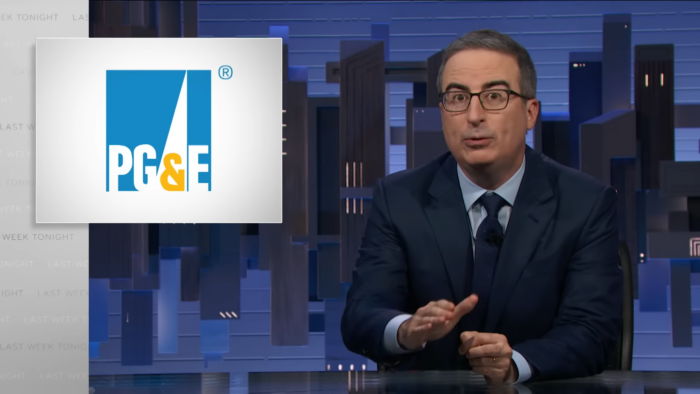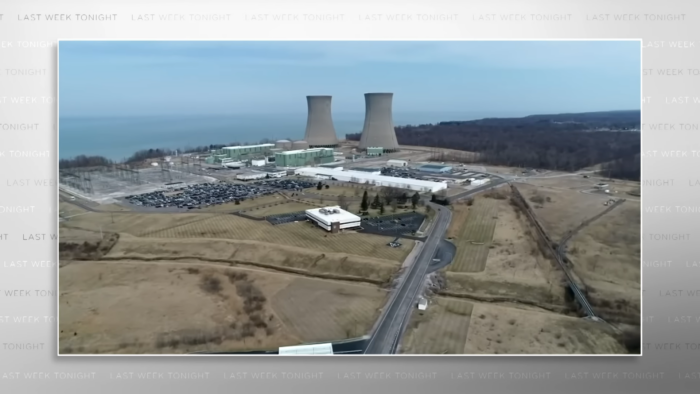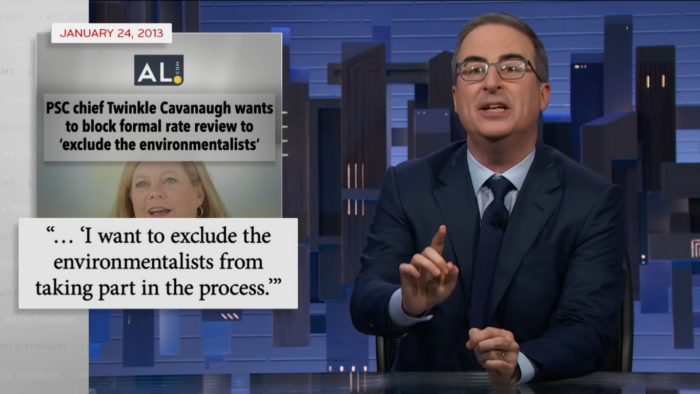Utilities With John Oliver
Utility companies are a necessary component of society. But do they have to be? People scrimp and save just to pay off their electric bill each month – so if they don’t make it, what happens? No power means no refrigerated food or drinks, no hot water heating, no lights, no television. Sure, some of those won’t exactly affect your quality of life, but some are so essential to modern living that it can completely throw someone off to not have them. Just how much control do these electric utility companies have?
John Oliver spoke on his show, Last Week Tonight, about utility companies and their scandals. When Pacific Gas & Electric were found responsible for 2018 Camp Fire in California that was one of the deadliest wildfire in California history, having killed 85 people, there were minor repercussions. Despite that and many other scandals, for which they have been fined billions of dollars, PG&E is still in operation. Why? Simply because they have the monopoly on supplying power to millions of Californians who have no choice in the matter.
With any other consumer product such as phones, food, or hats, you can shop around and pick the one that best suits you, especially what quality you’re willing to pay for within your budget. But in most of the US, any given area you choose to live in has only one choice for a utility company. And these companies mostly exist as for-profit, investor-owned companies. This is, by definition, a monopoly – which is supposed to be illegal in the US. There were some protections put in place when the electricity grid infrastructure was first created, such as a law saying “they should spend the least they can while providing quality, environmentally-safe service”, but that doesn’t always happen.
One of the ways they increase profits has to do with a policy that allows them to pass the costs of their building projects onto their customers. Whenever they are working on these projects, they can add the costs to utility bills. Of course, this has led them to keep creating more power plants so they can get more of our money. In one example, John Oliver says plans that were only 10-15% completed were approved, leading to the actual costs skyrocketing past the initial estimates.
It’s no wonder, then, that these utility companies panic as more people are going solar. On both the residential and business sides, they won’t be able to squeeze out as much money as before, unable to make excuses for more plants to supply power. This leads them to work on blocking policies and ideas that would help solar and other sources of renewable energy that they don’t control. Churches are no exception – when one was going to get power through a nonprofit supplying solar, they would have ended up paying half of what their electric bill was with the utility company. Unluckily for them, the utility fought back through litigation, shutting down the church’s solar plan. Ultimately, this ruined the potential for any similar endeavors to happen in the state.
One of the biggest arguments utility companies make is that if some people start going off-grid with their own solar power production, they are abandoning their neighbors. Everyone left on the energy grid will have to pay higher costs for their electricity – but it doesn’t have to be like that at all. In theory, Public Utility Commissions should be regulating utility companies so that they can’t just do whatever they want. Unfortunately, they are often outmatched by the utilities, or practically work for them. Utility companies have even gone so far as to basically bribe politicians or others in positions that will allow them to influence policies in their favor.
Is there anything that can be done? John Oliver says that “Our utilities system largely consists of for-profit companies with monopolies over an essential service, building as much as they can so they can pass the cost onto you on your electric bill.” This seems pretty hard to overcome, but there are options. One path would be to make utilities publicly-owned and run by the government. Sure it wouldn’t be perfect, but many of the worst incentives would be removed.
While this suggestion would be very hard to accomplish at this stage, there are still little actions we can take. For example, instead of incentivizing them to just build and build, we can incentivize them to work directly in the customers’ best interest. They would have to do this by investing in things like maintenance, renewables, and energy conservation – which is known as performance-based regulation. Some states have already begun trying it out.
We can also make sure to fight for citizens’ rights to have an independent energy lifestyle. Going solar is one of the easiest ways to go off-grid and remove yourself from being under the control of your local utility. Depending on the rebates and incentives in your area, it might take a little while to be fully independent, but it’s more doable currently than a complete overhaul of the utility system. Defending policies that are beneficial to the solar industry is another way to make sure people can take the renewable energy path if they so wish. The more we all work together and stick up for each other, the less the utility companies can take advantage of us.
FREE CONSULTATION
Claim your basic human right to clean, affordable solar now. Schedule a free, no-pressure consultation with one of our experts.



